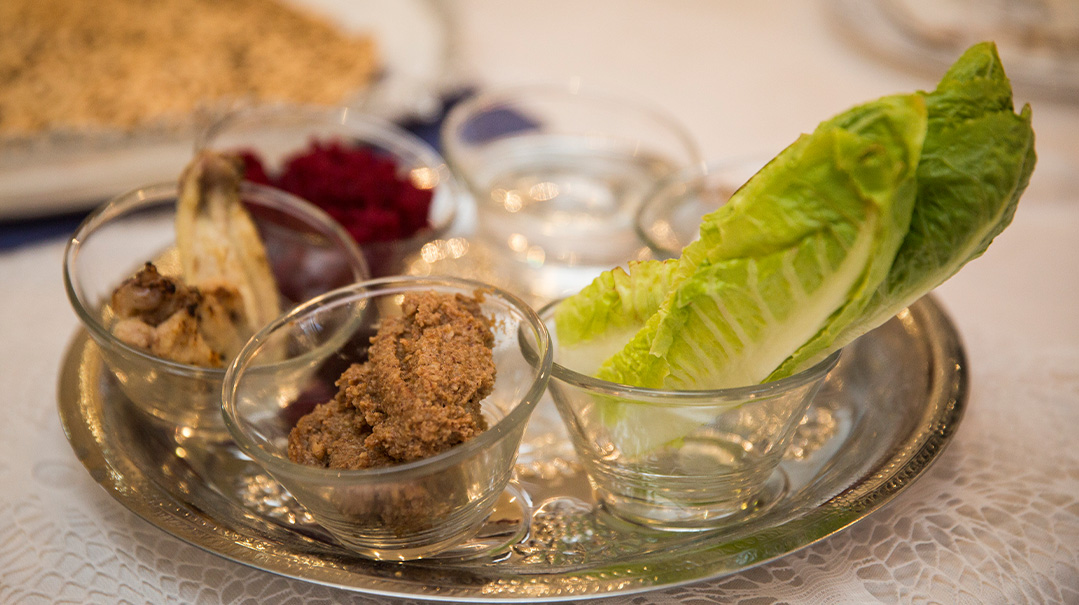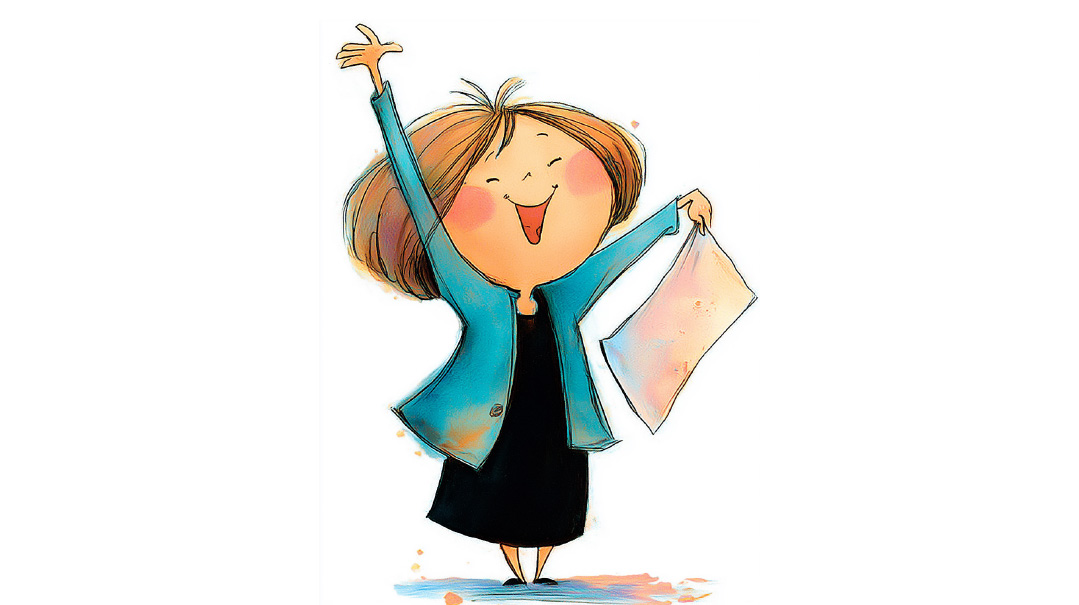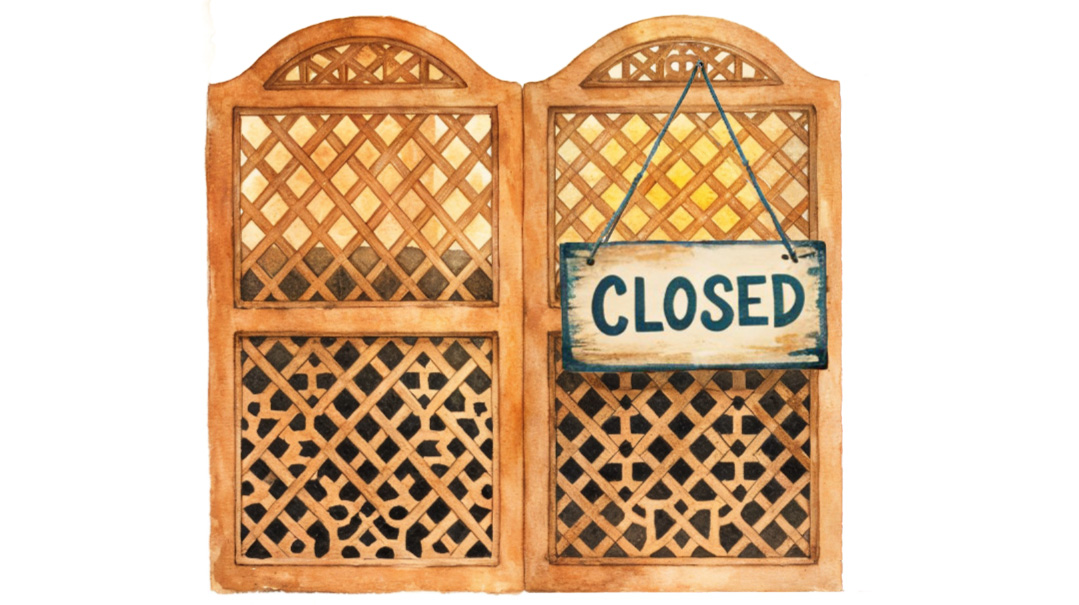This Night
| April 16, 2024Tonight is different. Because my father, at 77 years, is under the spell of dementia

Why is this night different from all other nights?
Tonight is different. I’m here with my children, my sister’s here with her family, and we’re all sitting around the ornate mahogany dining room table we’ve had for years. The table is set with my mother’s best china and elegant stem dishes, my father resplendent in his white kittel, his smile as wide as ever. But tonight is different. Because my father, at 77 years, is under the spell of dementia.
He’s a special man, my father. Born in Europe, he immigrated to America and attended Rav Moshe Feinstein’s yeshivah, where he earned semichah. He went on to marry my mother, enter the diamond trade, and raise his daughters with the warmth and affection he would shower on anyone he met. When he smiled, which was always, the world smiled with him. He never wasted a second. Whenever I visited him; he was either learning or saying Tehillim in his gorgeous seforim room.
But then it started. My father started to forget things. First, it was small, unimportant details — where he’d put the keys, when the appointment was. Things that could happen to anyone. But then he got lost on his way to shul. Didn’t recognize a neighbor he’d known for years. My mother took him to the doctor, who diagnosed this harsh illness. We were devastated.
Oops! We could not locate your form.







